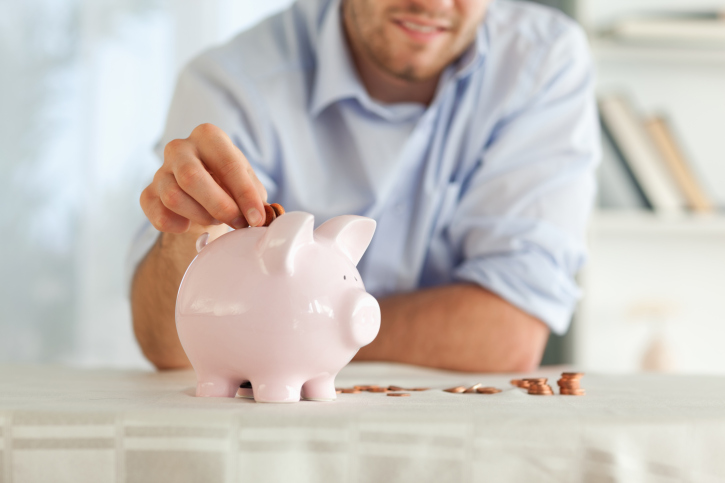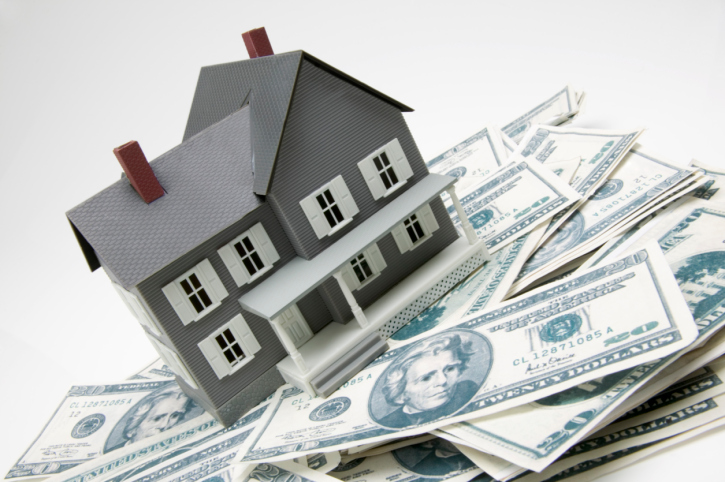Saving Up for Your Down Payment? Try These Money-saving Tips to Speed Things Up
 One of the most significant challenges that many people face when preparing to buy a first home relates to saving money for a down payment. While there are many different loan programs with varying down payment requirements, the fact is that it can still be difficult to save up a large sum of money. Some programs may require you to save as much as 10 percent or 20 percent of the sales price of the home.
One of the most significant challenges that many people face when preparing to buy a first home relates to saving money for a down payment. While there are many different loan programs with varying down payment requirements, the fact is that it can still be difficult to save up a large sum of money. Some programs may require you to save as much as 10 percent or 20 percent of the sales price of the home.
You can employ a few different tips and techniques to save money for a down payment more quickly, and these are some of the options that others have successfully used to save money for their home purchase.
Make Saving Automatic
One idea that works well for many people is to make saving for your new home automatic. This may be as simple as scheduling a regular draft or transfer from your checking account when your paycheck is deposited into your savings account. Some employers may even facilitate this process by contributing some of your funds into a savings account on your behalf. With this option, the money would go directly into your savings account without you having a chance to spend it.
Take Advantage of Retirement Accounts
If your employer provides you with the option of investing in an employer-sponsored retirement account, you should take advantage of this option. Many will offer a dollar-for-dollar matching program, and this may essentially double the amount of money that is saved in the account.
More than that, the funds from many retirement accounts may be withdrawn without penalty if they are used for a first-time home purchase. There are some rules and regulations regarding this, so you should research this option more thoroughly.
These are among the two best options for saving money for a down payment for your first home purchase. There are other ideas that you can consider as well. For example, you may borrow from a whole life insurance policy, obtain a gift from a family member or even sell some of your personal belongings that you no longer need or use.
When you combine many of these ideas together, you may be surprised how quickly your down payment fund can grow. You can also speak with a mortgage professional to learn more about the actual amount of money that you may need for the down payment and closing costs.

 One of the most common questions home buyers ask today relates to how much money they need to put down on a home. There are mortgage requirements in place that establish minimum down payment requirements, and some home buyers will barely have enough to pay the minimum down payment as well as closing costs. However, if you have access to more money, you may be wondering if you should make a larger down payment. There are several points to consider to determine if making a larger down payment is right for your financial situation.
One of the most common questions home buyers ask today relates to how much money they need to put down on a home. There are mortgage requirements in place that establish minimum down payment requirements, and some home buyers will barely have enough to pay the minimum down payment as well as closing costs. However, if you have access to more money, you may be wondering if you should make a larger down payment. There are several points to consider to determine if making a larger down payment is right for your financial situation. If your goal is to purchase a home, you may find that it’s challenging to save up enough money for your down payment. While this is something that many first time home buyers struggle with, it is by no means insurmountable. By making a few simple changes you will be able to accumulate the funds you need for your down payment.
If your goal is to purchase a home, you may find that it’s challenging to save up enough money for your down payment. While this is something that many first time home buyers struggle with, it is by no means insurmountable. By making a few simple changes you will be able to accumulate the funds you need for your down payment.